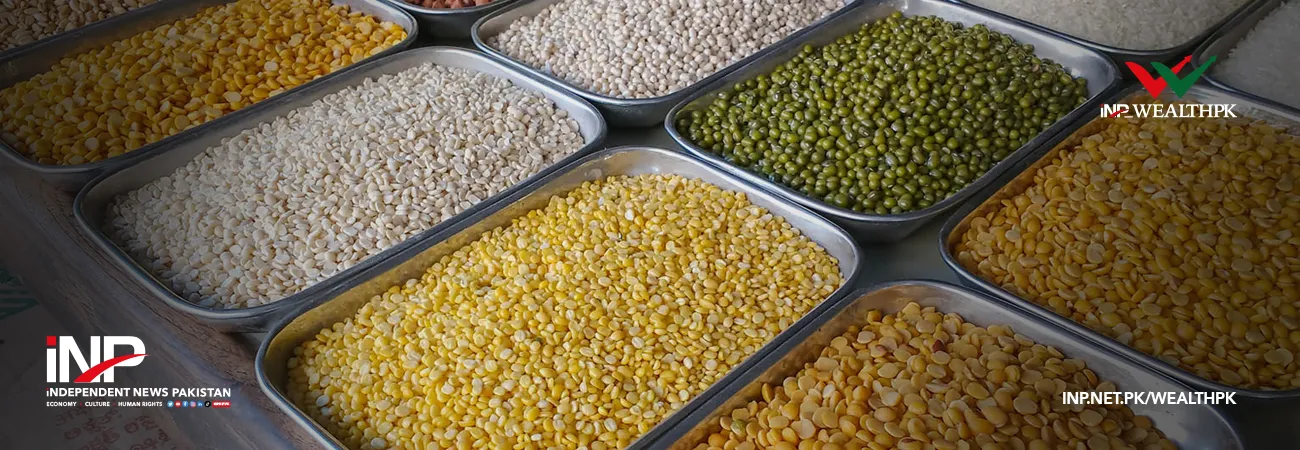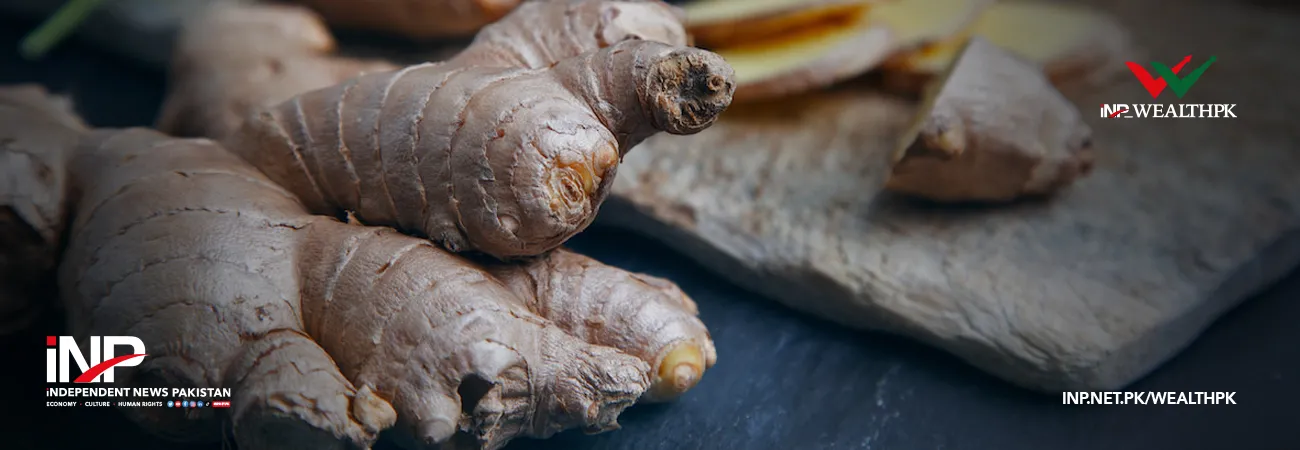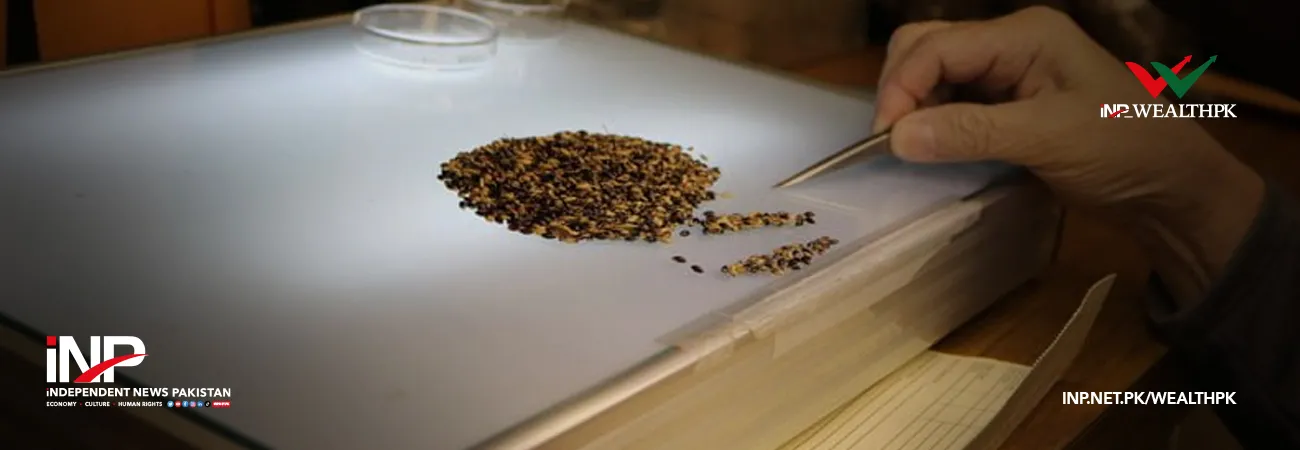INP-WealthPk
Muhammad Saleem
Agricultural scientists emphasize the need for the cultivation of pulses to cut the import bill and make the country economically stable. Talking to WealthPK, Dr Khalid Hussain, Chief Scientist at the Pulses Research Institute of Ayub Agricultural Research Institute (AARI) Faisalabad, said, "We are facing difficult economic conditions which demand that we save a huge amount being spent on the import of food products. Import bill is a gigantic issue facing Pakistan, and we can reduce it manifold by cultivating pulses." He said that agricultural scientists must work hard to introduce new varieties of pulses and urge the farmers to cultivate them. Increasing pulse acreage is the urgent need of the country, he added. Dr Khalid Hussain said green gram and other pulses were part of the daily food intake, and one could not ignore their importance because they are rich in proteins. He said pulses contained over 20% protein and could be consumed as a viable substitute for meat. "Being leguminous crops, pulses contain beneficial bacteria in the roots of their plants, which absorb nitrogen from the atmosphere and provide it to the plants," he explained.
Dr Khalid Hussain urged the farmers to cultivate pulses which increase the soil fertility. He said Pakistan was importing Rs110 billion worth of pulses from Australia and Africa, adding that joint ventures of agricultural scientists and farmers could lessen this financial burden on the state kitty. "The people of Pakistan are fond of different kinds of pulses, but we are unable to cater to the local demands amid a surging population," Dr Khalid said, adding that collective efforts were needed to achieve self-sufficiency in the production of pulses. Highlighting the efforts of the AARI scientists, he said through round-the-clock efforts, his department had introduced different varieties of pulses which were changing the country's agricultural landscape and ensuring good yields and profit for the farmers. Talking to WealthPK, Saeed Ahmed, a farmer, said they usually heard that the agricultural scientists had introduced different varieties, but practically they had to struggle a lot to learn about them.
He said that despite the fact that the majority of the farmers were illiterate, they contributed a lot toward meeting the national food requirement. "We wish to do more for our beloved country, but the question is, who will ensure the availability of high-quality seeds, fair returns for our efforts, and economic input? We know that pulses play an important role in the daily diet of people and will try to cultivate more in view of the current economic condition of our country," Saeed Ahmed said. Dr Khalid said besides rice, wheat and cotton, the farmers could also cultivate pulses on the land boundaries. The areas where the farmers are facing the issue of fertility must be dedicated to the cultivation of pulses to resolve their issue. Talking to WealthPK, Dr Ahmed, a scientist at the University of Agriculture, Faisalabad, said without government support, they could not reduce the import bill. He said only the agriculture sector of Pakistan had the potential to get the country out of the economic and food crisis.
"From economic prosperity to food prosperity, every solution exists in the agriculture sector, but this sector faces difficulties due to corrupt elements. The farmers need a level-playing field where they can get cheap inputs and sell their products without intervention of the middleman," he noted. He said the government must incentivize farmers in areas such as the textile sector. Following these incentives, Dr Ahmed claimed, the farmers would start cultivating pulses, ultimately reducing the import bill and enhancing commodity production. "Our farmers need subsidies on machinery, seeds, fertilizers and other inputs," he said, adding that without resolving the farmers' problems, introducing new pulses would not create any significant impact." Similarly, he said the government had to ensure a well-organized market system, including processing units, and facilities for storage and direct links between the farmers and markets. Such arrangements, he claimed, would bolster the farmers' confidence and their profit as well.
INP: Credit: INP-WealthPk













